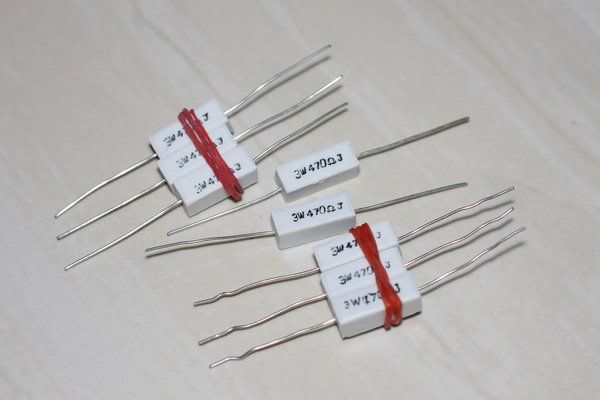Navyblue
Headphoneus Supremus
- Joined
- Apr 2, 2008
- Posts
- 1,674
- Likes
- 15
I'm new at DIYing electronic stuffs. In fact today is the first time that I visited the local electronic malls to shop for some parts. There are all sorts of generic components being sold in trays and drawers.
I can sometimes see shiny plugs and exotic cable cables being sold at shops selling "audiophile" stuffs, but I've never seen them selling switches and other stuffs that I'd need. I wonder what sort parts do you guys used to DIY. Do you use generic parts? Or those shiny "audiophile" grade stuffs.
Some of us here spend a good fortune on cables and it doesn't seem to make sense to add generic stuffs in the audio chain. But them I'm not sure if I can get everything in "audiophile" grade.
Basically I need some resistors, switches, jacks, solder and etc. Any suggestion on where should I look at?
I can sometimes see shiny plugs and exotic cable cables being sold at shops selling "audiophile" stuffs, but I've never seen them selling switches and other stuffs that I'd need. I wonder what sort parts do you guys used to DIY. Do you use generic parts? Or those shiny "audiophile" grade stuffs.
Some of us here spend a good fortune on cables and it doesn't seem to make sense to add generic stuffs in the audio chain. But them I'm not sure if I can get everything in "audiophile" grade.
Basically I need some resistors, switches, jacks, solder and etc. Any suggestion on where should I look at?





